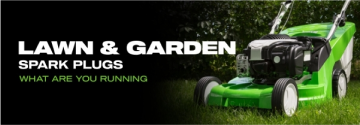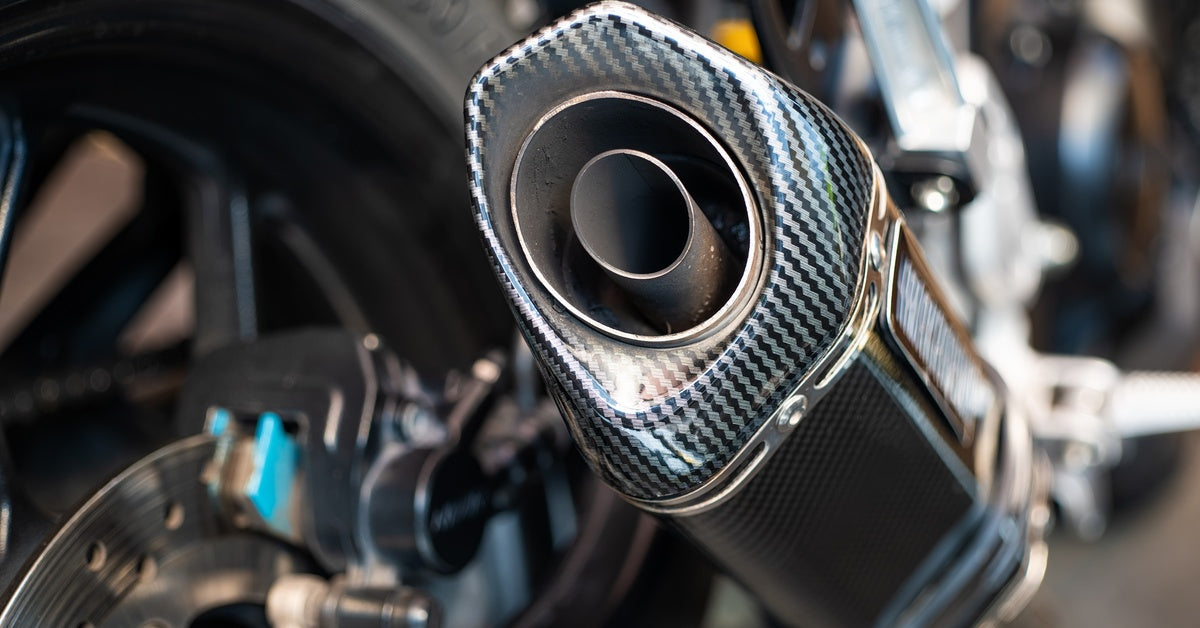
Spark plugs are crucial for efficient engine operation. Whether it’s a car, a truck, a lawn mower, or a watercraft, the engine performance suffers when spark plugs grow too hot. Understanding the reasons for this is essential to maintaining them. This article explores eleven issues that can cause spark plugs to overheat, detailing the potential causes and offering insight into how to avoid them.
Introduction
When spark plugs overheat, it’s a warning sign of underlying engine problems. Overheating can lead to poor fuel efficiency, reduced power, and long-term engine damage.
1. Incorrect Spark Plug Heat Range
Every engine requires spark plugs with a specific heat range. If the spark plugs are too hot for your engine, they will fail to cool properly. This causes overheating and pre-ignition issues.
Using the wrong heat range can also damage your engine over time. Cold spark plugs may cause fouling, leading to poor performance and misfires. Regularly inspect your spark plugs’ condition and replace them as needed for optimal engine health.
2. Prolonged Idling or Frequent Short Trips

Engines need to operate at normal temperatures to function efficiently. Frequent short trips or extended idling periods prevent the engine from reaching its optimum temperature. This builds up carbon and increases the likelihood of spark plugs overheating, especially in colder climates or urban areas with stop-and-go traffic.
Engines that don’t reach proper temperatures consume more. Regular maintenance, like oil changes and air filter replacements, helps reduce carbon deposits. Drivers can minimize buildup by taking longer trips or allowing the engine to warm up properly before driving.
3. Lean Air-Fuel Mixture
An improper air-to-fuel ratio can impact your spark plugs. A lean mixture, which includes too much air and not enough fuel, burns at a higher temperature. This can lead to overheating, pre-ignition, or potential knock. Carburetors and fuel injectors should be regularly checked to prevent improper fuel mixture levels.
Overheating can cause spark plug electrodes to wear out faster. Pre-ignition may result in severe engine damage if unchecked. Checking your air filter can also help keep a proper air-to-fuel balance.
4. Faulty Ignition Timing
When the spark plug fires sooner than it should, it causes the combustion process to run at excessively high temperatures. This increases the risk of overheating. Regular tuning of your engine’s ignition system can prevent this issue. To avoid these problems, always use spark plugs recommended for your engine and monitor their condition regularly.
5. Excessive Engine Load
Engines experience higher temperatures under excessive loads, such as towing, carrying heavy equipment, or high-speed driving. This increased stress on the engine can cause the spark plugs to heat up more rapidly. If you frequently operate under heavy loads, consider investing in high-performance spark plugs from E3 Spark Plugs to handle the strain. They are designed to improve combustion and withstand higher temperatures. They provide better ignition and can increase engine efficiency under tough conditions.
6. Poor Engine Cooling System Maintenance
An inefficient cooling system is another contributor to overheating. A low coolant level, a leaking radiator, or a malfunctioning water pump can increase engine temperatures and cause the plugs to overheat.
Check the coolant level regularly to prevent potential damage to engine components. Inspect hoses and clamps for leaks because small drips can lower coolant levels over time. A properly working water pump maintains consistent coolant flow through the system.
7. Incorrect Spark Plug Gap
The gap between the electrodes on your spark plugs is designed for efficient combustion. If this gap is too narrow or wide, it can misfire, increase engine temperatures, and eventually lead to burnt spark plugs. Use a feeler gauge to set the correct gap when installing or replacing spark plugs. The correct gap varies depending on your vehicle's make and model, so always check the manufacturer's specifications.
8. Low-Quality Fuel or Additives
Fuel quality directly affects combustion efficiency. Using low-quality fuel loaded with unnecessary additives can lead to incomplete combustion, producing excess heat. Over time, this heat stresses spark plugs, causing them to overheat. Opting for high-octane, clean fuels protects not just your spark plugs, but your engine as a whole.
9. Oil Contamination
Oil leaking into the combustion chamber can create an abnormal burning process, generating excessive heat and damaging spark plugs. Signs of oil contamination often include black, crusty deposits on the plugs themselves. Diagnosing and repairing leaks promptly can save your engine from further damage.
10. Blocked or Dirty Air Filters

A dirty air filter restricts airflow, which disrupts the engine’s air-fuel mixture. Restricted airflow creates a rich mixture, leading to inefficient combustion and excessive temperatures. Cleaning or replacing your air filter regularly creates the proper airflow and prevents overheating.
A clogged air filter can also decrease your car's fuel efficiency, forcing the engine to work harder. This added strain can reduce engine performance and increase wear on vital components. Inspect your air filter every 12,000 to 15,000 miles per the directions in your vehicle's manual.
11. Improper Spark Plug Material
Different spark plugs are made for specific engines. Copper, platinum, and iridium have distinct performance characteristics. Choosing the wrong material can cause overheating. For example, copper plugs are not ideal for high-compression engines, where iridium or platinum plugs are better suited. Familiarize yourself with the appropriate type for your engine.
Preventing Overheating in Spark Plugs
To avoid these issues, prioritize regular maintenance and proper engine care. Always use parts that match your engine’s specifications, perform periodic cooling system checks, and monitor your air filters to keep your engine running optimally.
A Word on E3 Spark Plugs
E3 Spark Plugs provides advanced spark plug design and performance. Our patented DiamondFire technology ensures cooler, more consistent combustion, reducing the chances of spark plug overheating.
Take Action To Keep Your Engine Healthy
Understanding how these issues can cause spark plugs to overheat is only part of the equation. Staying proactive with regular care and using the correct materials in your engine can save you trouble. No matter the vehicle type, attention to detail goes a long way in keeping your spark plugs operating as they should. These practices get more miles out of your vehicle or equipment while avoiding costly repairs. If you’re facing spark plug issues, consider upgrading to a reputable solution like E3 Spark Plugs and see the difference in your engine’s performance.







